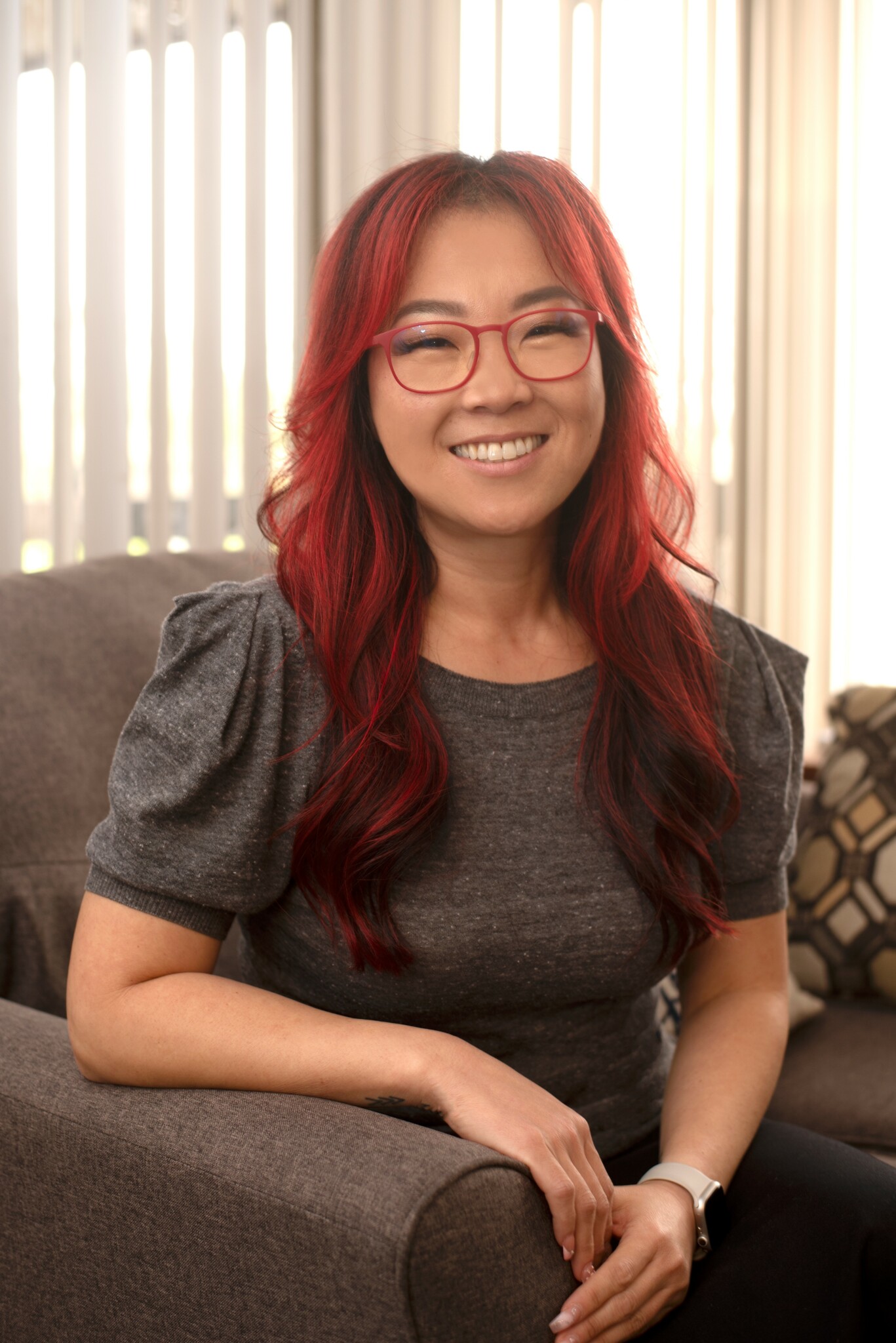We were lucky to catch up with Julie Lee recently and have shared our conversation below.
Alright, Julie thanks for taking the time to share your stories and insights with us today. We’d love to hear the backstory behind a risk you’ve taken – whether big or small, walk us through what it was like and how it ultimately turned out.
I’ve been a risk taker all my life. I’ve always taken the initiative to chase opportunities, dreams, etc in all areas of my life and have never been a “sit on the sidelines” kind of person. If I know I want something, I will make daily decisions that will be get me closer to that thing.
The most recent and most difficult risk I’ve taken was leaving my steady W2 jobs to open my own business. This risk was both a personal and professional move. It was risky because I’m the sole breadwinner for our household and we have 4 children – one with special needs so losing my benefits tied to the W2 job was a huge risk. But I was tired of working for work and needed work to work for me.
One of the most motivational reasons I decided to do this was due to my personal career experiences. When my husband suffered a viral heart attack in 2017 (after a botched surgery), it completely shifted our roles. I was working part time while raising our then 5 year old triplets and 2 year old. But due to his condition, he was unable to return to work – which left me to grow my career quickly. I hadn’t pursued huge opportunities up until then because of my role at home with the kids and also understanding that his income was what carried us. In order to adapt to my role as the provider, I worked 4 jobs and upwards into 65-80 hours a week from 2017-2021. I was a mental health therapist, a clinical supervisor, graduate school professor, and Special Education Coordinator. As Covid came in 2020, I found myself burnt out, addicted to cortisol, exhausted, unhealthy, and sick. I suffered a minor stroke, was diagnosed with 4 autoimmune diseases, and landed in the ER feeling like I was having a massive stroke all within a 6 month time frame. My body was not talking to me anymore, it was yelling at me to listen and rest. My dad had a massive stroke when I was 10 years old and I still remember him being paralyzed and unable to move so this was a huge wake up call for me.
Not only was my body shutting down, I was also experiencing large amounts of racism, sexism, and micro aggressions, across the board. It happened at the charter school where I was the SpEd coordinator and that came in the form of one colleague attempting to shift blame to me when being called out for a task that wasn’t completed. Another major incident was that the founder of the school decided to have an affair in my classroom because there were no cameras there. Going to work made me feel disgusting – especially needing to work in a classroom where the founder had made an unsafe work environment for me due to having sexual relations there. I was also just one of 2 staff members of Asian descent and when asked to post a statement against AAPI hate (as we had done for the BLM movement), I was told to write the statement myself and because I called out that it was a micro aggression, nothing was ever written or posted, leaving me to feel more isolated and unsupported. I also worked at a hospital where another colleague attempted to intimidate me by walking into my office uninvited, interrupting my time, putting his feet on my couch and would attempt to “brainstorm” with me in growing the program but was simply adopting my ideas since I had decades more experience than he did. I left that job and wrote a letter outlining everything to the supervisors. At the university where I was teaching graduate classes, they allowed 2 students to make false and illegal allegations about me without follow up or hearing my side. When I approached them, they told me that maybe I was subconsciously displaying micro aggressions. The most hurtful part about this experience was that it happened at a university where I had deep ties and expected more support for their professors.
With the rise of micro aggressions and AAPI hate, and as an immigrant woman of color, it felt wrong to continue to allow others to treat me this way. I needed to get my voice back so I decided that if I couldn’t find a safe space where I would be humanized, I’d start my own safe space.
This big and monumental decision led me to start my own business and The Connection Corp was founded in 2022. It has now been three years we’ve been open and we are BIPOC owned and operated with 6 of 7 clinicians identifying as BIPOC. Due to my horrendous experiences as a professional from my superiors, I have fostered and created an environment where humanizing people is a priority and not looking at them as a paycheck or an opportunity. I’m empathic when it comes to life and how difficult it can be at times because I understand that if you take care of the person, they will not only be better individuals but better employees as well. I provide guidance both professionally and personally to all my employees and make myself available so that they feel supported and cared for. Another trait that I’ve adopted (due to past horrible experiences) is transparency and authenticity. There are no secrets in our practice. They know I’m learning and I want them to learn and be taught at the same time. Why gatekeep information? If you’ve found something that works and have had success, why not share it?
With this mindset, I’ve grown a thriving mental health group practice who focus on the biopsychosocial connection of the mind and body. All of my clinicians are taken care of well and I regularly check in with them to ensure that they’re good! If the therapist isn’t good, it’s more than likely going to translate into the clinical space – proving that if you take care of your people, you will make more money.
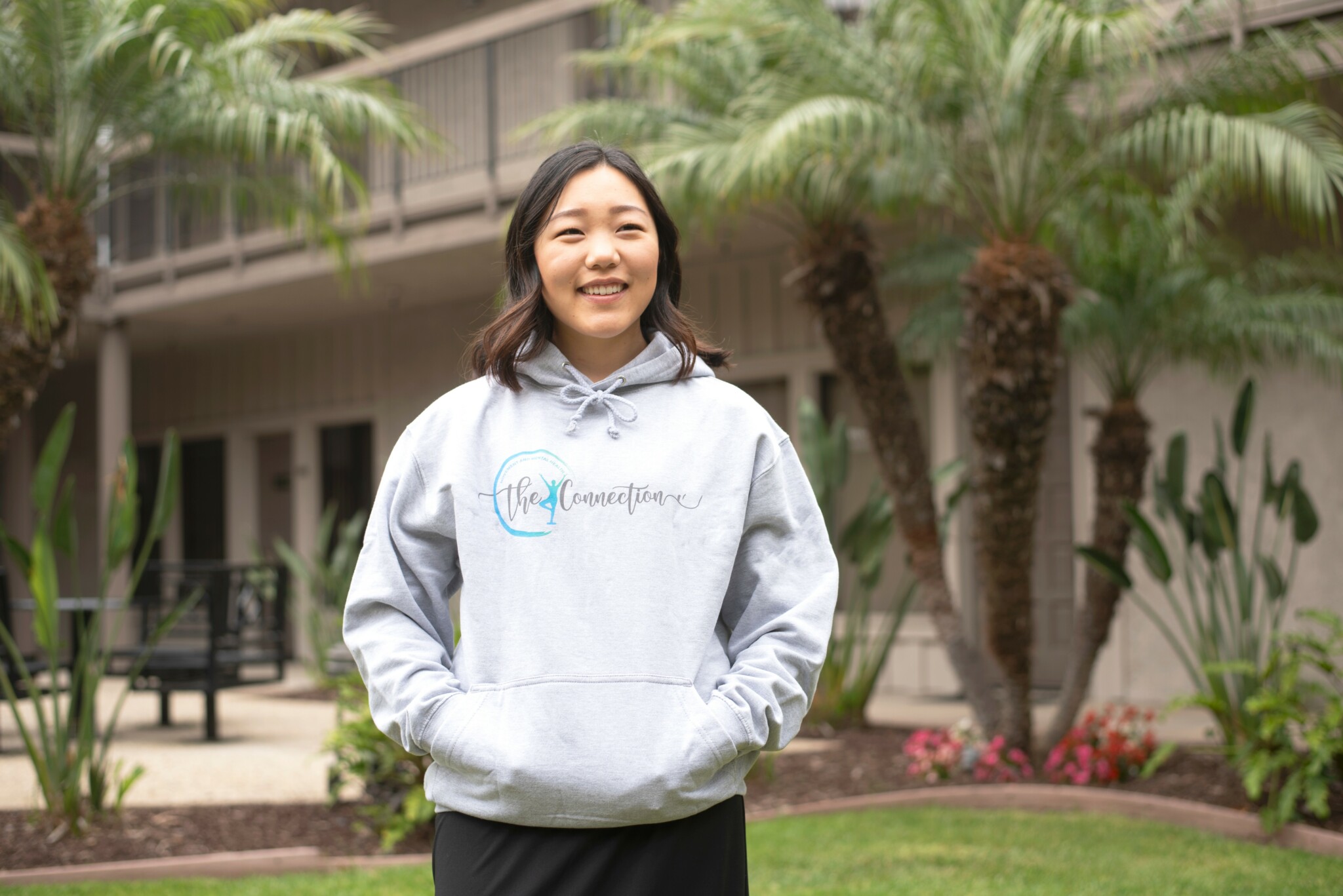
As always, we appreciate you sharing your insights and we’ve got a few more questions for you, but before we get to all of that can you take a minute to introduce yourself and give our readers some of your back background and context?
When I was first entering college, I wanted to be an English teacher. Not because I was exceptionally good at it but because I had a very impactful high school English teacher. After all, English is my second language so how good could I possibly have been as an English major? But coming from a long line of educators, I knew I wanted to teach. During my first semester at Gonzaga University, I was registered for a night course designed for special education majors (Thanks Dr. Tim!). I asked to be removed from the class but there was no other class I could take and the current class met some graduation requirements so I remained in the course. After 3 class sessions, I changed my major to Special Education and stuck with that major until graduation along with my psychology minor. While student teaching in my last year of undergrad, I realized that even with ratios being 8 students to 1 teacher (at time time), there were still students who were falling through the cracks and there were so many limitations when attempting to work with parents. It was then that I realized that I wanted to work with children on a 1:1 basis leading me to find mental health as an option. So during my last semester, I applied for graduate school to obtain my masters in counseling psychology while teaching full time in a mild/mod self contained classroom. I have what I personally call, “bleeding heart syndrome,” where I want to be able to reach and help everyone and anyone that I can – often to my own detriment but I’m continuing to work on that balance!
I’m in my 20th year as a clinician and have worked within the education system at all levels. I recently left academia completely due to negative experiences I’ve shared above, leading me to find the focus I needed for my passion project. I currently have 6 clinicians who have various specialties and we work with all age groups. We have clinicians working with children through play therapy, teens and young adults, parent coaching, individuals, couples, families, walk therapy and much more! My expertise is in early childhood work, play therapy, parent training, as well as identity and inner child work for adults and complex traumas through EMDR. We provide mental health therapy in various modalities. Therapy is not “boring” or “routine” here at The Connection! We meet you where your needs are and provide guidance and support. We do not operate from a “one size fits all” perspective when working with our clients. Events and experiences may be the same, but the feelings, memories, and emotions left are wildly different for everyone.
We treat our clients from the biopsychosocial model which means that we treat the whole person. A lot of people don’t understand just how connected your mind and body are – hence the name “The Connection.” We provide psychoeducation to all of our clients guiding them to integrate their minds and bodies and understanding that our bodies store all of our experiences and traumas. We help them get connected to their bodies, teach healthy balance of somatic work and mental health work while focusing on progress. We come from a systemic approach and understand that not a single individual exists in a vacuum but within an external and/or internal system. We teach and guide our clients to learn to trust their physical cues and triggers in various integrative and holistic modalities.
I’m very proud to have started a culture within The Connection valuing people over profit. I guide each clinician to have at least 4 pro bono or sliding scale slots available for those who cannot otherwise afford mental health support. I’m also very proud of the fact that all my employees feel taken care of, seen, and heard on a humanistic level which allows them to show up more authentically and fully to sessions for their clients. We want everyone to know that there are great benefits to mental health therapy when combined with somatic work and we’re here to hold space for you!
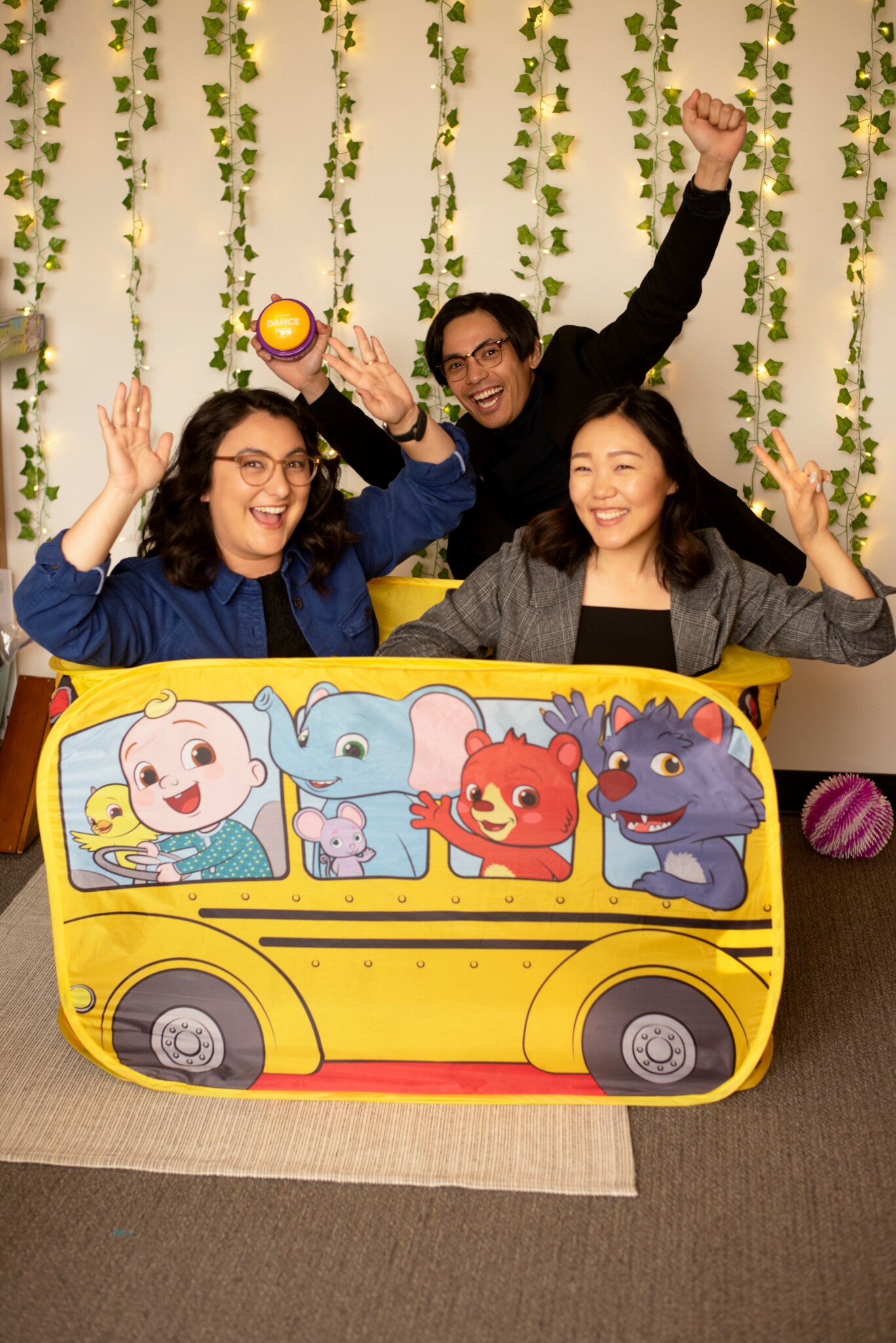
Do you have any insights you can share related to maintaining high team morale?
The best advice I can give for managing a team and maintaining high morale is: TAKE CARE OF YOUR PEOPLE!
Given my negative experiences with past co-workers and past clinical supervisors, I want to be the opposite and foster an environment where everyone’s voice is heard and everyone has a seat at the table.
What I mean by this is to really adopt that humanistic approach – as mentioned above. It may feel repetitive but it, by far, is one of the most important concepts of business but also, life! A lot of businesses care about profit margins and continue to focus on how to make the most money possible without looking at or taking care of the people who would be making said profit. It’s very short term thinking to have money be your north star. If you want to establish a solid business model and have satisfied and happy staff, get to know them. Talk about what’s going on in your lives, be authentic, be vulnerable, and lead with compassion. This can look like check ins outside of scheduled time, asking about current events in their lives, talking about other non-career topics, and spending time socially. I bring on individuals who I can see myself having a social/personal friendship with on top of a robust professional relationship. This energy of humanizing people goes a LONG way. People want to be seen, heard, understood, and acknowledged. When you hold value in the person rather than what the person can do for you, a deeper relationship can be built – ultimately leading to more profit.
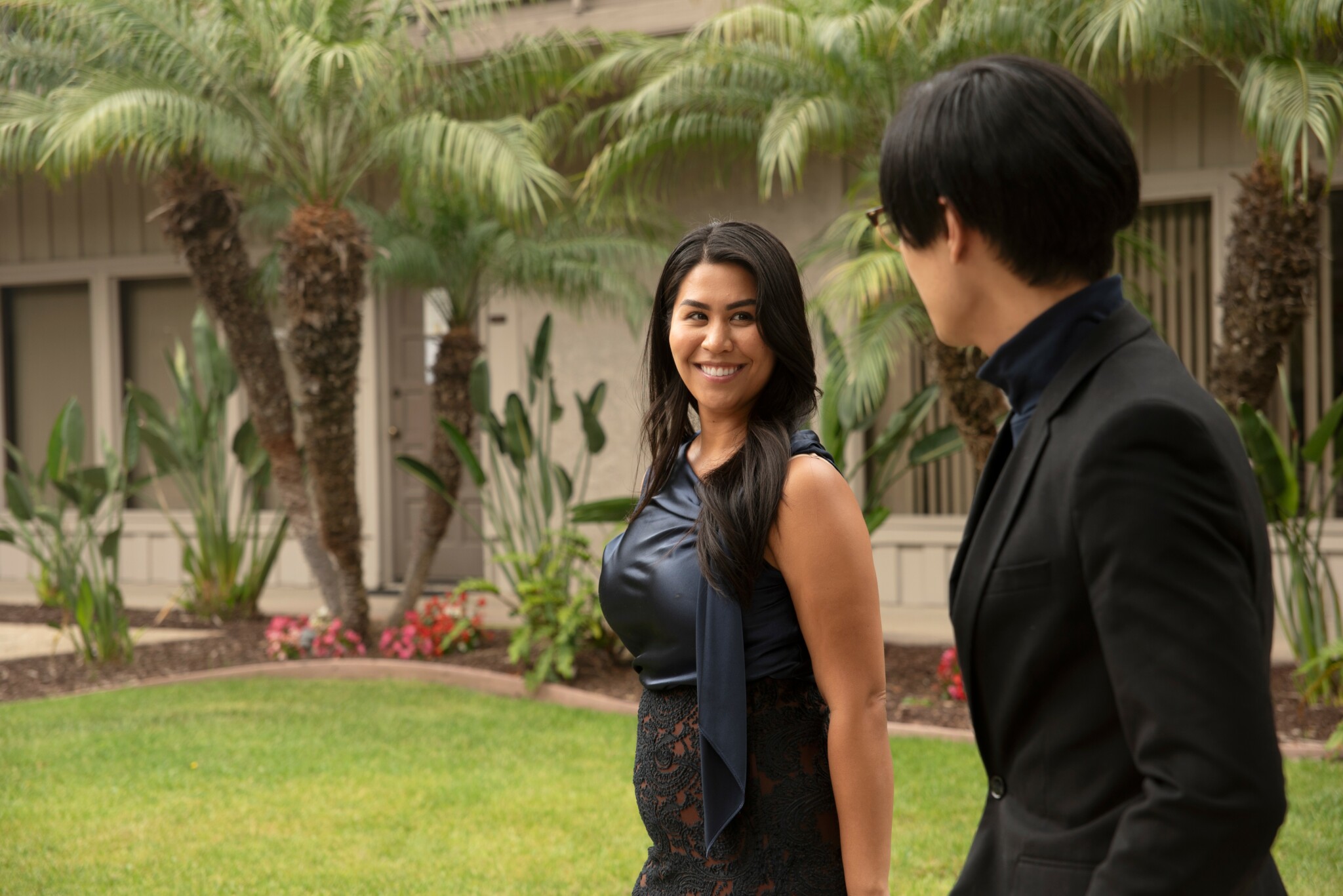
What’s a lesson you had to unlearn and what’s the backstory?
A lesson that I had to unlearn was not giving everything I have to give to everyone else. In becoming very ill in 2020, a lot of lessons were learned in self care and balance. I thought I was being “helpful” to others but it was showing up in my body as illness as I wasn’t leaving enough bandwidth and energy for myself or my family. I wasn’t a people pleaser and I always presented with a lot of confidence (since I was a toddler) but my inner wound was that I wanted to be taken care of so I took care of others in hopes of being seen. When this inner desire wasn’t met, I started doing more and showing up for others in a way that I’ve never received. This story isn’t uncommon and I’m sure a lot of people can relate to this. I always heard, “You’re so strong!” and “I could never do what you’re doing.” and “You’re so driven.” which made me feel the need to continue to do more.
After understanding more of how my body was speaking to me and asking for rest, I started finally listening and began practicing what I had been preaching for years – self-care. A lot of people believe self-care to be doing something for themselves AFTER stress has already hit them, like having a glass of wine or taking a bath. That is what I call REACTIVE self care. What I began practicing was what I call PREVENTATIVE self-care. Preventative self-care means, doing something for yourself on a regular basis to fill your cup, recharge your battery, and rest so that when stress becomes overwhelming (aka when shit hits the fan), you aren’t running on empty but you have reserves to be able to respond to that stressor in a much more healthy and balanced way. Preventative self-care looks like taking a whole day to yourself each week and if an entire day is difficult to schedule, at least 4 consecutive protected hours and only engage in things that promote rest and rejuvenation. This does not look like errands, chores, or functional tasks like cooking or laundry. It must be something that benefits YOU first! The consistency of this happening on a regular basis makes a HUGE difference in how the rest of the week is run. This practice also involves putting your needs above others’ needs. This concept can be misconstrued as “selfish” and our culture has made that a negative word. But you absolutely need to be SELFISH if you’re going to be SELFLESS. You know the oxygen mask protocol on planes? That’s the way you need to function at all times – put your mask on first before assisting others.
By taking care of myself, I was able decrease my blood pressure meds, receive high praise from my specialists regarding getting my health in check, and reverse the signs and symptoms of all of my autoimmune diseases. When the balance is struck, your mind and body really can exist peacefully together.
Contact Info:
- Website: https://theconnectioncorp.com
- Instagram: https://www.instagram.com/theconnectioncorp
- Facebook: https://www.facebook.com/theconnectioncorp
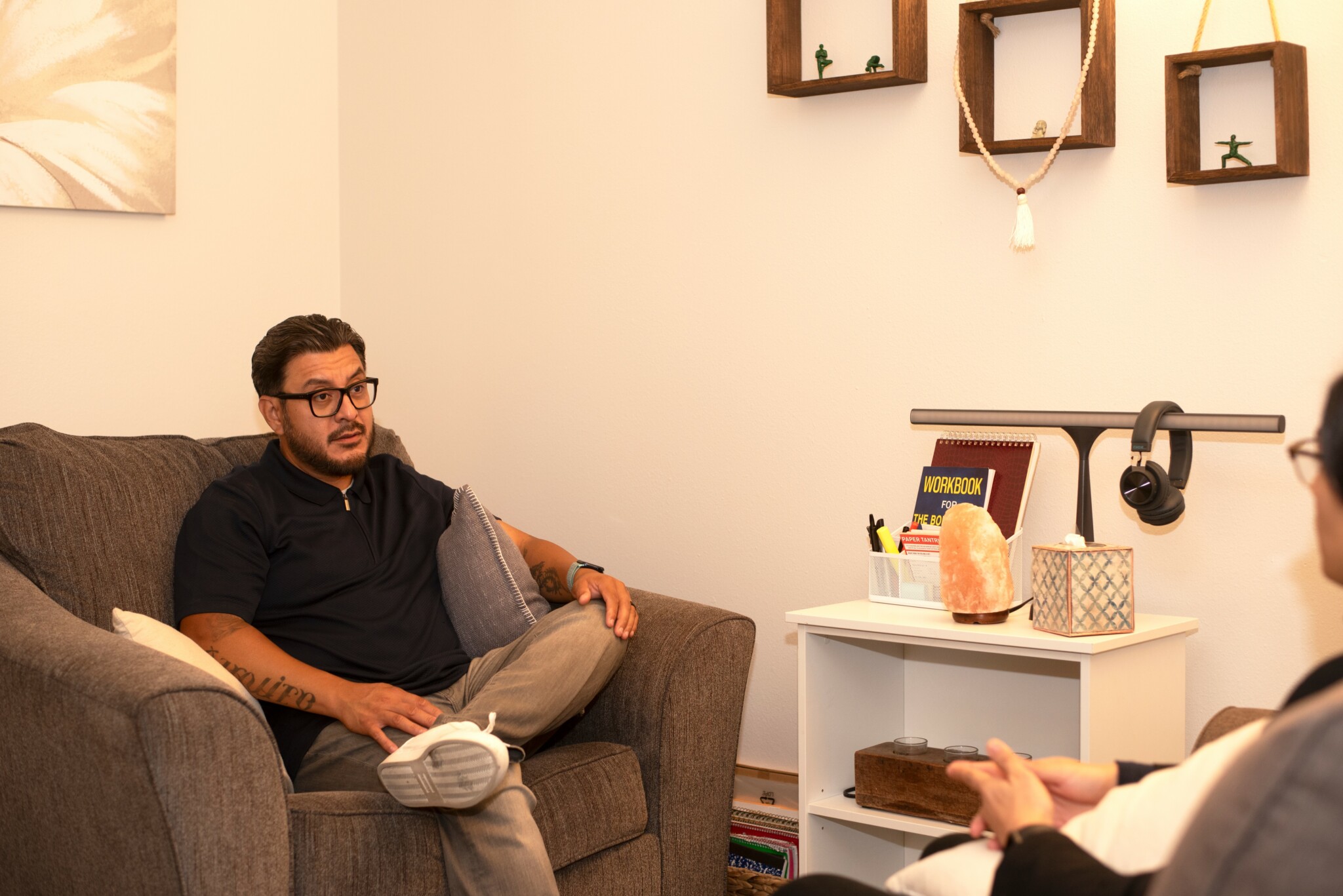
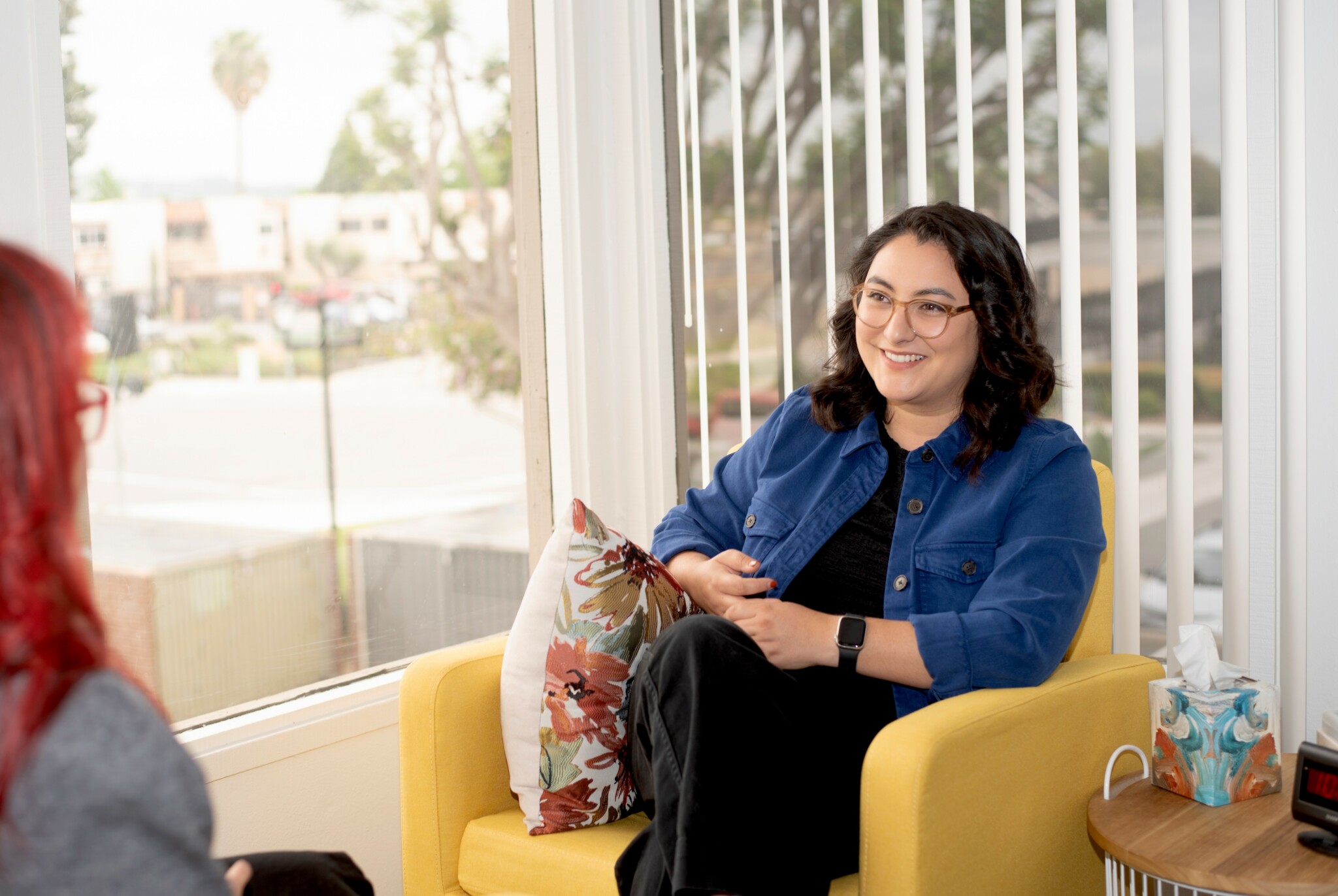
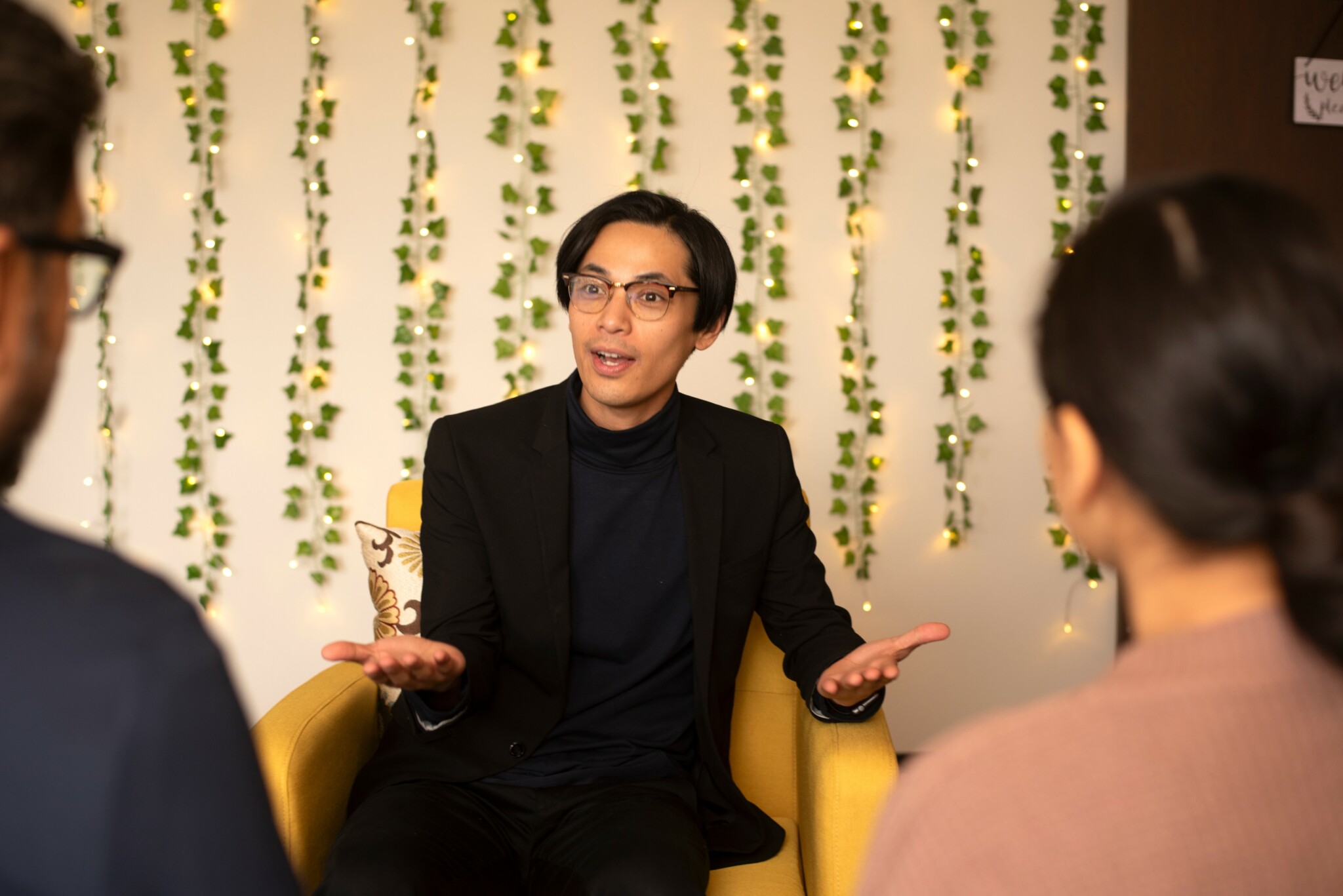
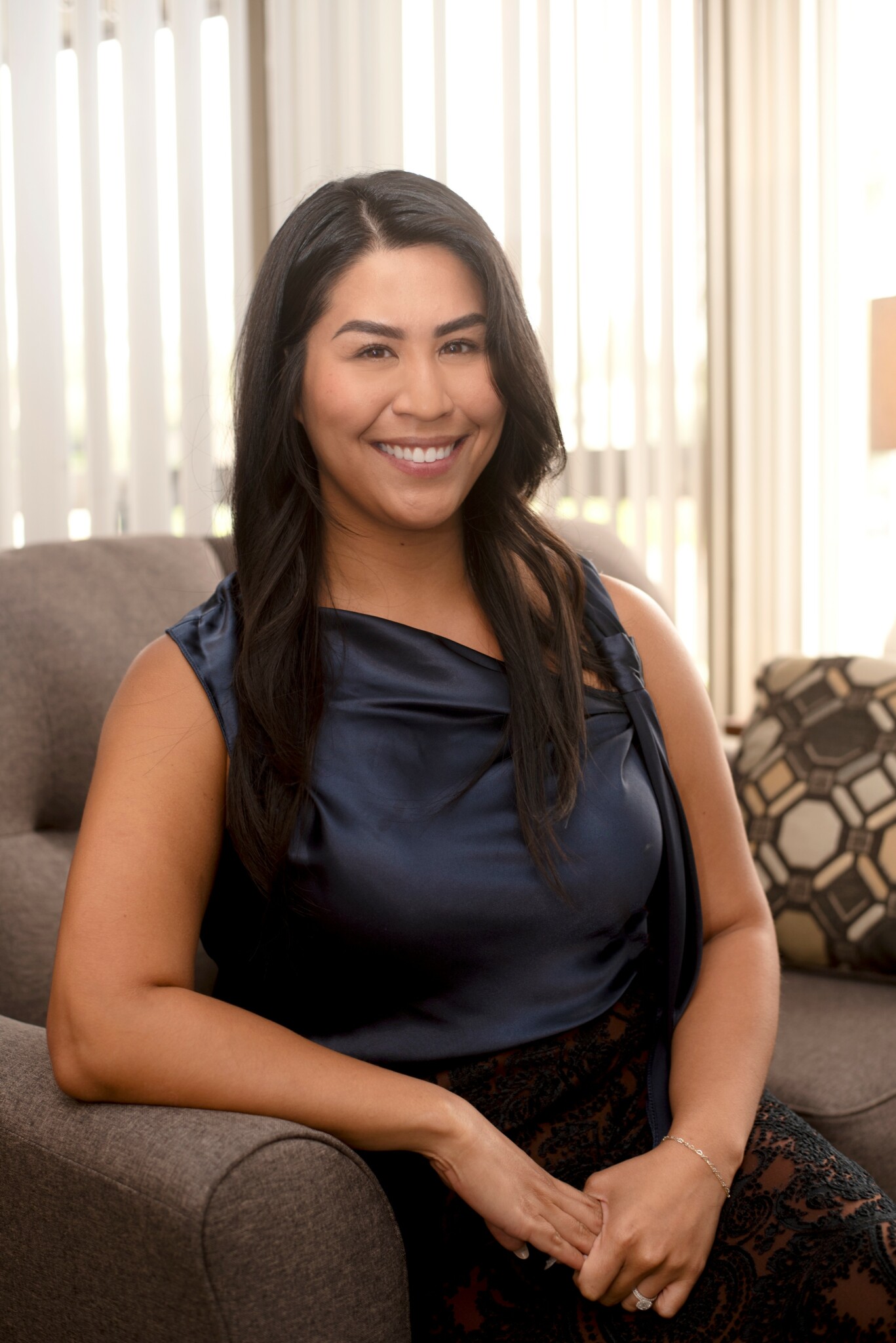
Image Credits
Jen Hauger


